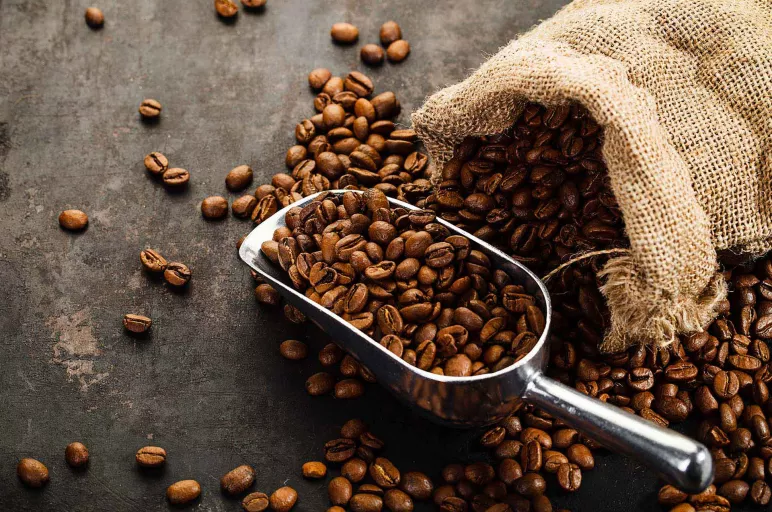
Why Is There a Global Coffee Shortage and How Long Will It Last?
- Drought and frosts in Brazil and low output from Columbia have put pressure on coffee bean prices
- Supply chain issues due to container shortages and port congestion have also fueled the price rise
- Coffee shortage is expected to continue in 2022 and may spur Central America, India, Vietnam and Africa to increase output
December 11, 2021 | Agro
A poor harvest in Brazil due to bad weather and difficulties in shipping amid container shortages are pushing up coffee prices across the globe.
Arabica coffee futures have increased from $1.2 per pound to nearly 2.5 per pound since the start of 2021 on the International Commodity Exchange.
A lingering supply deficit
Arabica coffee beans account for 75 percent of the world’s coffee output and are mostly cultivated in Brazil (40% of the world’s total supply) and in Colombia.
Brazil is facing one of its worst harvests in two decades due to frosts and drought. Its coffee output is expected to fall further. After low rainfall, the Brazilian crop, weakened by drought, was hit by extremely cold weather, damaging the plants. The damage is so severe that some plantations in Brazil may need to plant a new crop, which will take years to mature.
Meanwhile, coffee farmers in Colombia, the world's second biggest Arabica beans producer, have failed to deliver volumes as per the agreed amounts this year (one million bags of coffee). This has led to around 10 percent loss in total output and left exporters, traders and roasters facing steep losses, forcing them to sell their limited inventory at higher prices.
Supply chain snags
The lack of freight to transport coffee across the globe, caused by goods being stuck in transit due to congestion at ports and other delivery challenges, has also impacted coffee prices. Freight costs have increased massively, with the average global price of shipping a 40-foot container now being almost $10,000 -- nearly three times higher than at the start of 2021 and 10 times higher than before the pandemic.
Conclusion
The demand for coffee is expected to outstrip supply for the next two to three years due to the prolonged drought and frost-damaged crops in Brazil -- the top producer. This is expected to result in a tightening of coffee supply, as coffee plants can take up to three to four years to mature.
However, high prices are eventually expected to boost coffee production in Central America, India, Vietnam and Africa.



